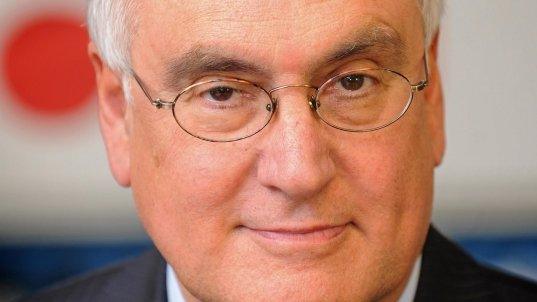Private schools plan 10,000 free places for low-income pupils
- Published
- comments
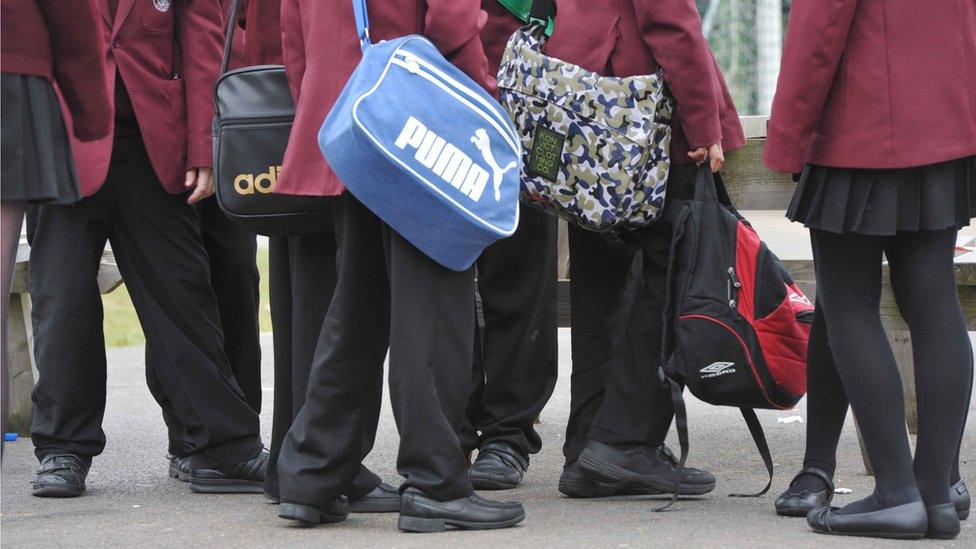
The ISC says it will set up free schools and academies in areas needing extra help
Private schools will offer to provide up to 10,000 free places a year to low-income families in England.
The Independent Schools Council (ISC) says if the government pays £5,550 per place - the cost in the state system - the schools will cover the rest. This is expected to cost up to £80m.
Some pupils would be tested for academic ability but the scheme would not just target the brightest children.
Chief inspector of schools Sir Michael Wilshaw said the plan was not enough.
The proposal, originally seen by the BBC and now confirmed,, external will be made in the ISC's response to a government consultation on the future of education.
The scheme would be open to primary and secondary school-age children.
But details about which families would benefit and what form the tests would take are yet to be settled and the scheme could not take place without the government's approval.
Currently it costs an average of £30,000 to send a pupil to board and £15,500 for a day school for a year.
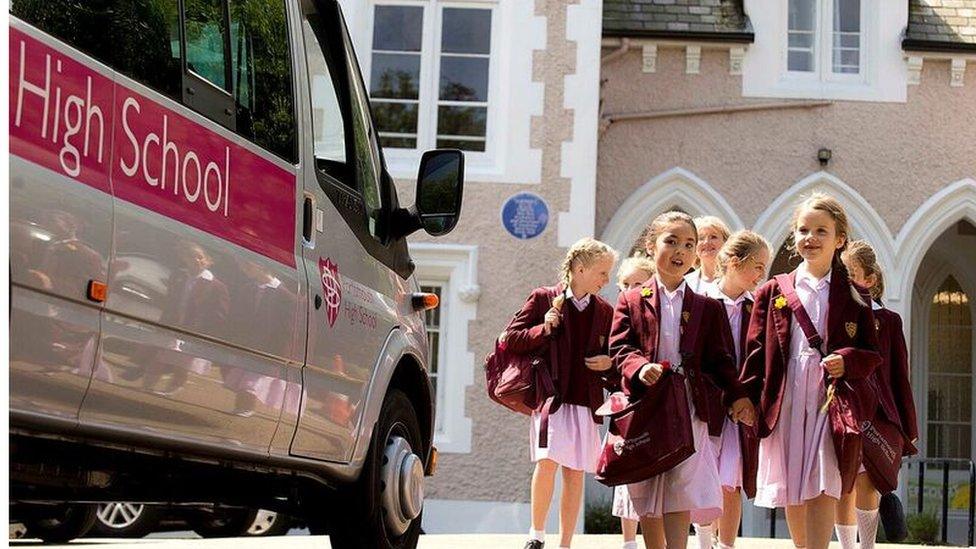

Life benefits?
Former assisted place pupils share their experiences.
Sally Rice, now 35 and a senior manager at a workplace consultancy firm, says her assisted place at Portsmouth High School in the 1990s gave her opportunities she "would never otherwise have had".
She says her private school experience helped her fit in at Durham University and her "rounded education, work ethic and ability to think out of the box" have helped her achieve rapid promotion at work.
Lowestoft-based electronics designer Carl Parker, who attended private school between 1993 and 2000 thanks to an assisted place says it was "invaluable in my life".
He believes the culture at his school helped him concentrate and to enjoy learning. And there were other benefits: "I even met my future wife on the 60-mile round trip I had to take to get there."
Dominic Hill, from Lytham St Anne's, "thoroughly enjoyed" his years on an assisted place at one of the town's private schools and believes he had opportunities and skills "that I would not have got at the nearby state school".
Some of his friends from primary school ended up in trouble. "And I do wonder how I may have turned out going somewhere else."
But Antonia, from North Yorkshire, who did not give her surname, said her assisted place did not live up to expectations.
"I was always an academic type. I don't think the assisted place improved my grades at all and I was actually quite demotivated after changing school, as the private school seemed to have far less interest in the subjects I preferred - maths and sciences.
"My experiences have meant I wouldn't consider sending my children to private school, even on an assisted place."

'Tax privileges'
The plan is designed to meet government demands that - in exchange for its tax-free, charitable status, which saves independent schools at least £150m a year - the private education sector does more for potential pupils whose families cannot afford to pay the fees.
Chair of the Independent Schools Council tells Radio 4's Today it will offer 10,000 free places
But Sir Michael said the proposal did not go far enough, adding: "I think they can do better than that and if I was government I would be asking them to do more as a quid pro quo for their tax privileges."
There are roughly 600,000 pupils in each year group in England, and private schools educate only 7% of the total school population.

Analysis
By BBC education correspondent Sean Coughlan
If the debate about bringing back grammar schools felt like a blast from the past, then the proposal for state-subsidised places in private schools is another case of "back to the future".
It would mean reviving something similar to the Assisted Places Scheme, which supported means-tested places in private schools in the 1980s and 1990s.
They were not "free" places, but taxpayer-funded.
Scrapping this scheme was one of the first symbolic acts of the Blair government in 1997.
Labour argued that public money should be focused on improving state education for the majority - and not used for life rafts into the private sector for a minority.
But now the independent schools are testing the water with the May government.
It's an ideological choice as much as a practical one, because the numbers of subsidised places proposed - 10,000 a year - are against a school population of more than 8.5 million in England.
The government already has a fight on its hands over grammars. Will it want to be seen as lining up with independent schools and snubbing the state sector?

The ISC says independent schools will also help set up new free schools and academies in areas identified as needing extra help by ministers.
The government's Schools that Work for Everyone consultation, external, which set out plans for new grammar schools, included demands on independent schools.
It said they must support existing state schools, open new ones or offer funded places to children whose families could not afford fees.
It proposed setting "benchmarks" for public schools, and suggested new legislation could see them stripped of their charitable status if they failed to reach those benchmarks.
'Crumbs off your tables'
The ISC said its offer would provide a number of school places equivalent to building 10 state secondary schools.
It says it already provides 40,000 bursaries worth £350m, but only 5,500 of these provide fully funded places.
Critics have often questioned whether private schools deserve to be charities and the Charities Commission attempted to introduce a public benefit test requiring independent schools to offer free places to pupils from poor backgrounds.
In 2013, Sir Michael told them they were providing no more than the "crumbs off your tables" with support for state schools.
If put in place, the proposal would introduce a system similar in scale to the Assisted Places Scheme, which gave more than 75,000 pupils private educations between 1980 and 1998.
Former Labour Education Secretary Estelle Morris said: "This is about a request to use state money, taxpayers' money, to extract the brightest children out of the comprehensive school system, skim them off, and put them into public schools."
'Big impact'
She added that many of these pupils would more than likely have done well in comprehensives anyway.
But Barnaby Lenon, ISC chairman, said: "We are offering the prospect of jointly funded places - up to 10,000 a year.
"It could have a very big impact on some areas and, in particular, on individual families."
He added that private schools already did a lot to aid education in the state sector, such as working in partnership with 10,000 state schools.
Shadow education secretary Angela Rayner said Labour had scrapped the Assisted Places Scheme to fund smaller infant class sizes.
This was "a measure that helped millions of children rather than the handful that the Assisted Places Scheme supported", she said.
"Independent schools can and should do more to support state schools if they are to hold on to their business rates relief. I'm afraid promising places to a few children just doesn't cut it.
A spokesman for the Department for Education said it welcomed the contribution to its consultation and would respond in due course.
- Published9 December 2016
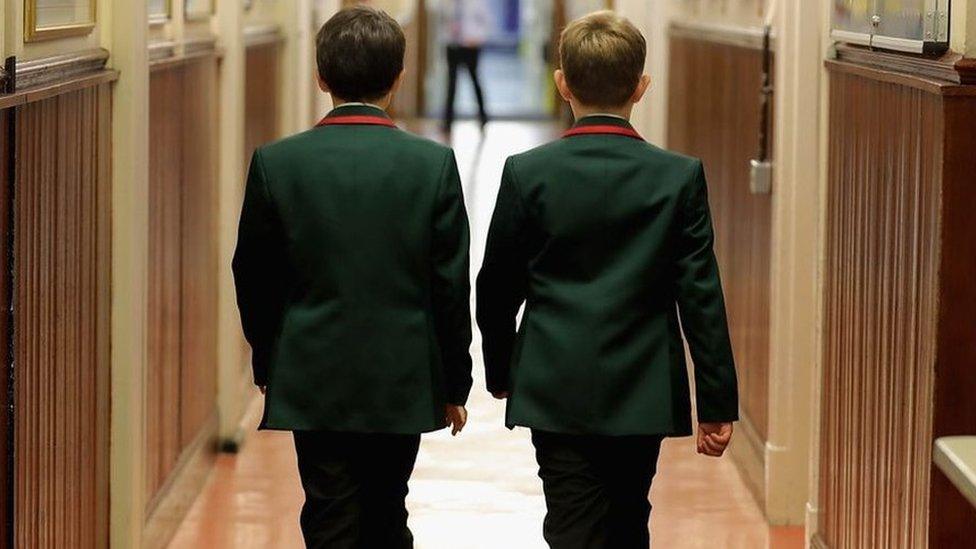
- Published4 August 2016
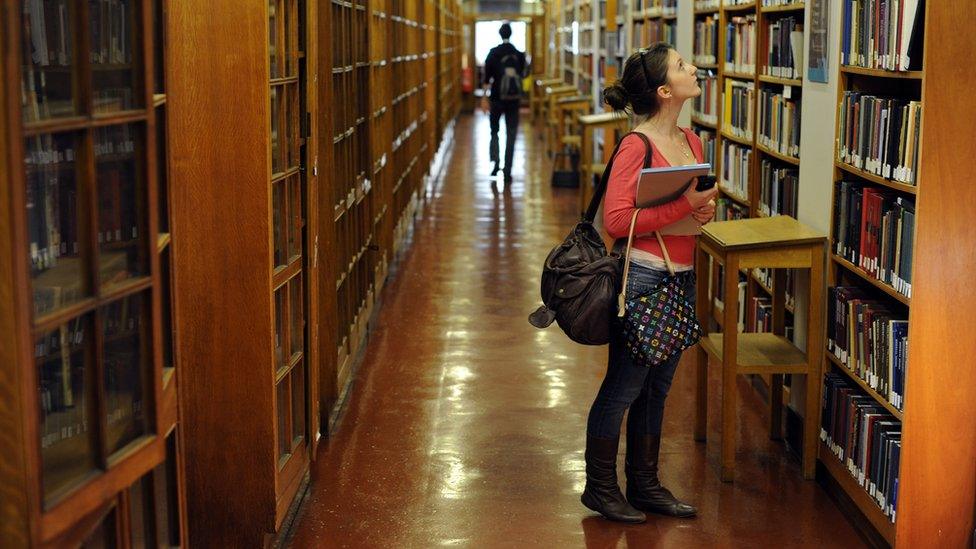
- Published1 May 2015
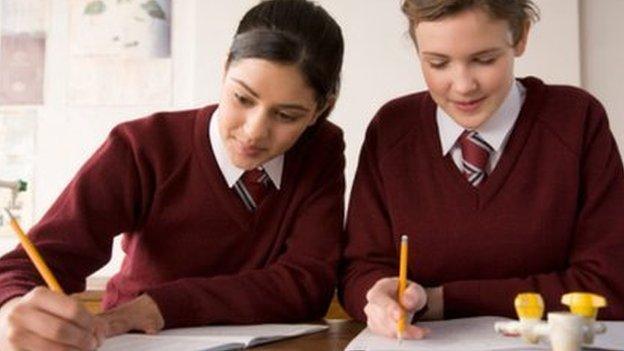
- Published21 June 2013
